The Human Library
The library that publishes people to challenge prejudice
The Human Library – The interview with founder Ronni Abergel

»Without safe places for communication, a society cannot work properly.«
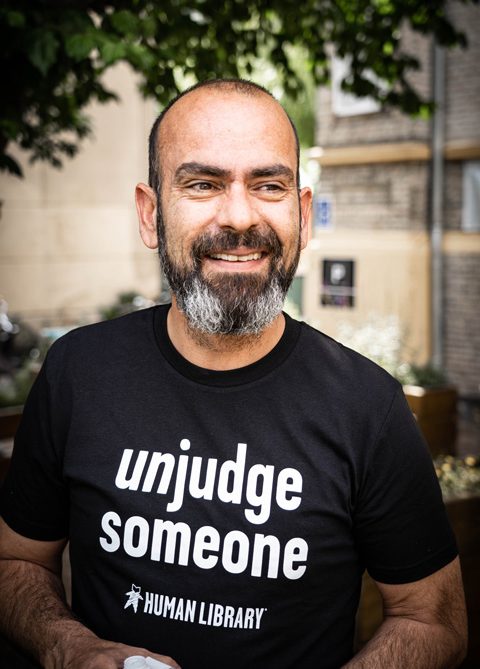
Before you established the Human Library you were the co-founder of the Stop-the-Violence Organization in Denmark. How did you come to be a social change activist in the first place?
I didn’t know what I wanted to be when I was young, but I surely knew that I wanted to do something which was more than just making a salary, but meaningful in some way. And then by coincidence, a friend of mine was stabbed when I was very young. He was going to a party, and someone stabbed him with a knife. It was in 1993, it was in Copenhagen, not in Los Angeles.
Then soon after, a boy was killed at the main train station. He was only 15 years old and the boy who killed him was just 16 years old. It turned out that the boy who killed him was afraid of the victim, just afraid – can you imagine?! So, some friends of mine and I started Stop-the-Violence as a response to this violence, because it was just so meaningless and we felt compelled to try and do something about it.
What did you experience in your initiative?
We went to schools and talked to young kids from many different backgrounds. I was 20 years old, and I saw the impact we had on especially young boys. Several kids came straight up to me after our sessions and handed me weapons. So, I found my calling in helping people understand how they can do better. We went on to mobilize more than 30,000 young people across Denmark but then there was a change of government.
All of a sudden, the conservative government canceled funding for 133 organizations, and we were one of them and had to close the initiative after seven and a half years of work. But shortly before that, we premiered with an idea of mine which was the Human Library at the Roskilde Festival in summer 2000. When I saw how well the library performed, I decided to take it from there and try to fulfill its global potential. So, 22 years later, look where we are (smiles).
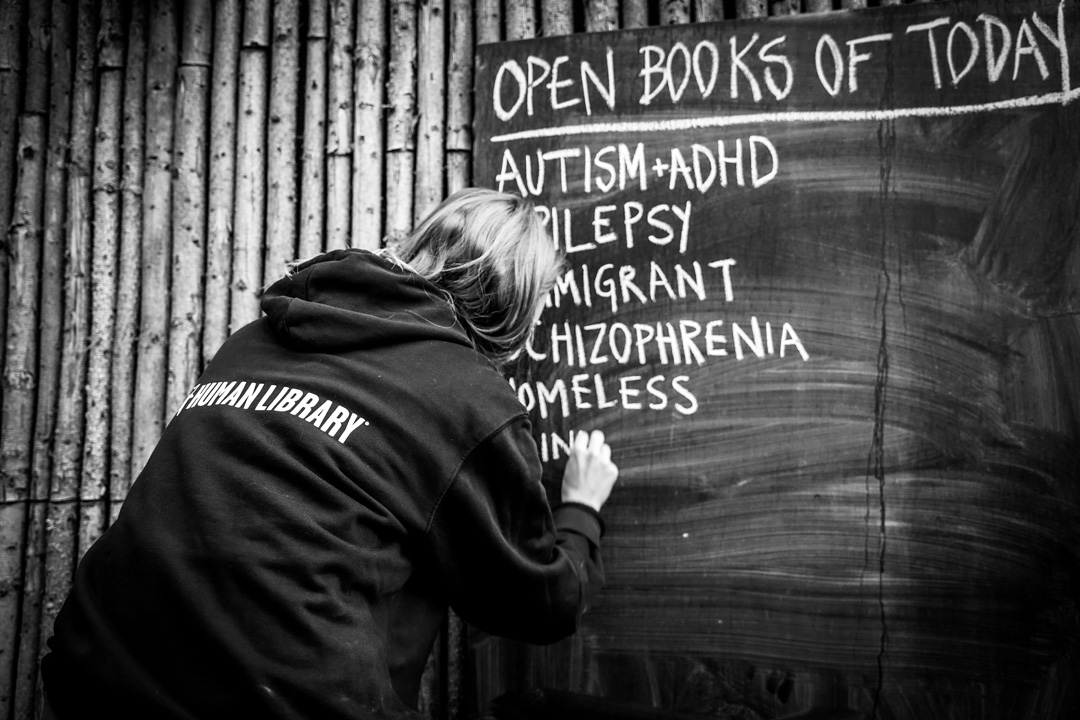
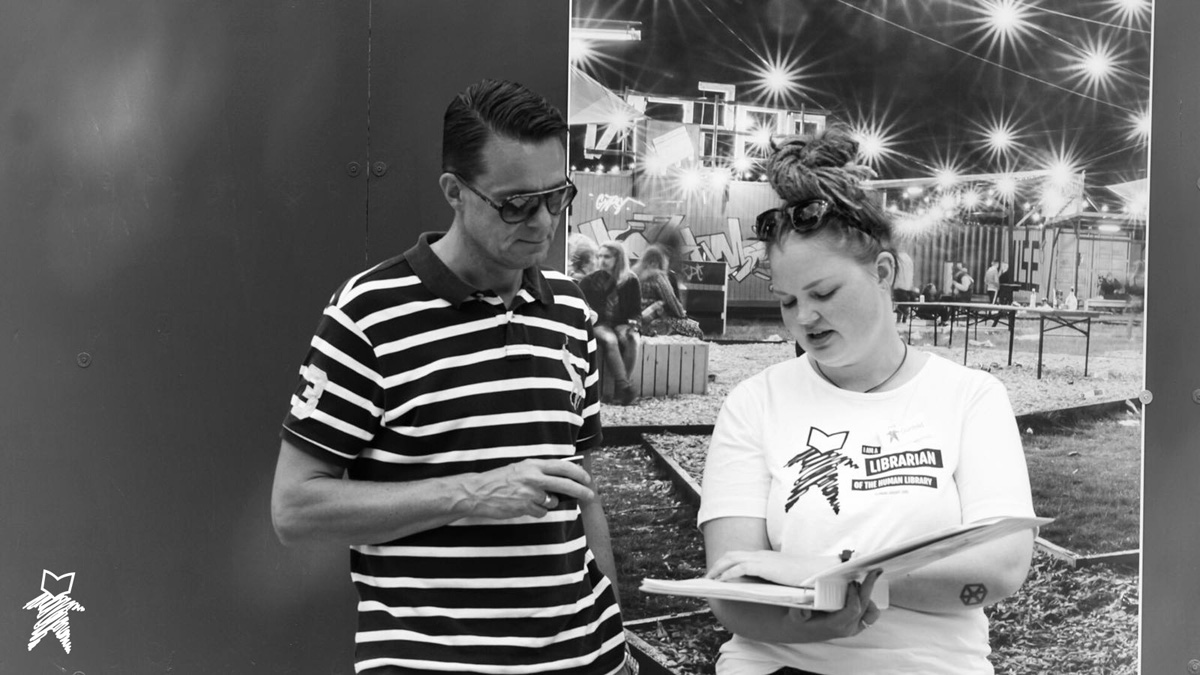
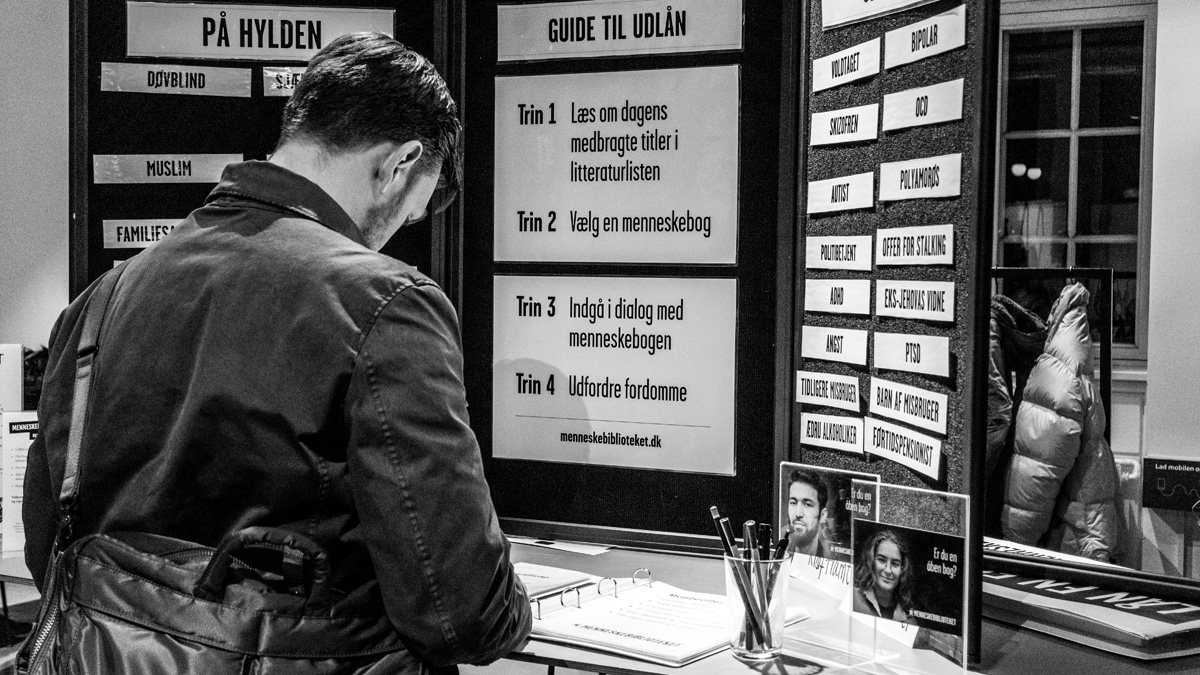
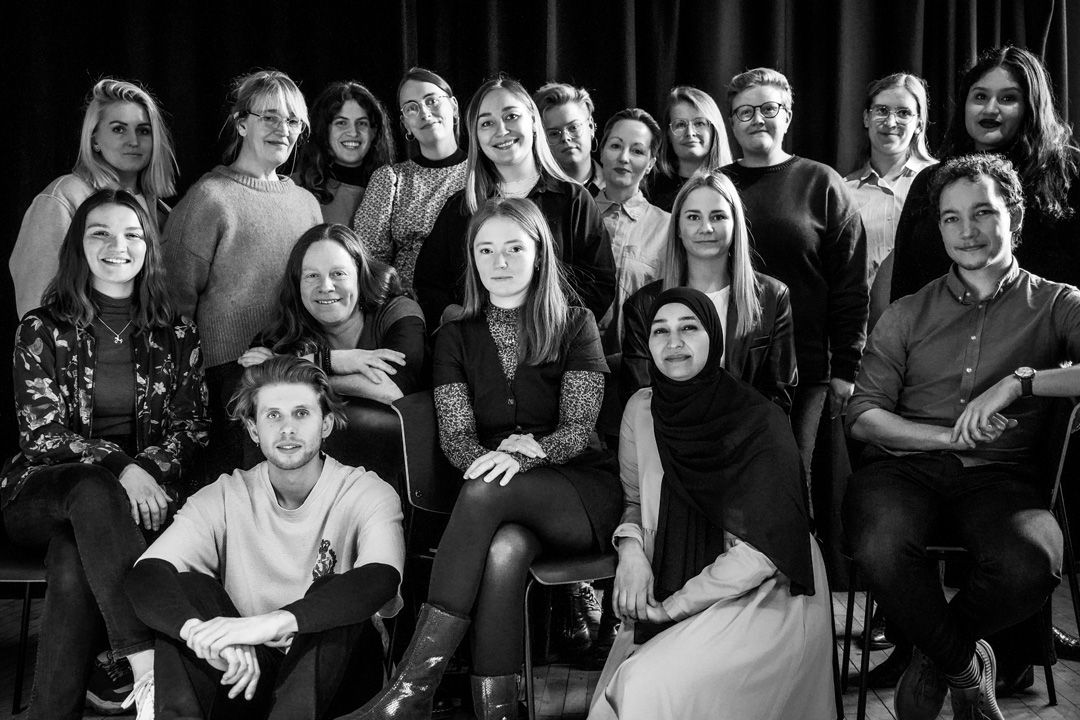
How does the Human Library work?
The Human Library serves pretty much like a public library. The main difference is we publish people who have lived experience and who have volunteered to be an open Book for you to be their Reader and ask them any question you want about the specific topic of their life.
What we do is we train these people, our Books. We give them the conversation techniques, we help edit the content and prepare them for the role of the open Book. And when we feel comfortable with their ability to be an open book, then we match them with Readers. We bring them to events, and we publish them as we say. We do this in the public library, in colleges, universities, conferences, festivals and so on.
We found a strong audience for example at festivals, where people are in a safe space, having fun and more willing to take a cultural or social risk. Our main rules are: treat the Books the way you want to be treated. Bring them back in the same condition. Bring them back on time because there are other Readers waiting.
How long is the slot one has with a book?
We give you 30 minutes for each reading as we call it.
From what age can one become a reader?
We also have special events for children. If you come with your teacher, we typically host from the seventh grade and up. If you come with your parents for the children’s event, we do from six years on.
So, we have special editions for children like the girl who cannot see or the boy who heard voices or the girl who could not stop eating. We’ve made special literature categories for our children and Readers, and they often come with their parents or their siblings. If you are without a guardian, you need to be at least 15.
At public events in Denmark and in the US, for example, you need to be 18 to borrow a Book. We have Books about very serious aspects of life like survivors of suicide or people who have been victims of sexual assault or incest. So, you don’t want a 14-year-old to borrow the wrong content.
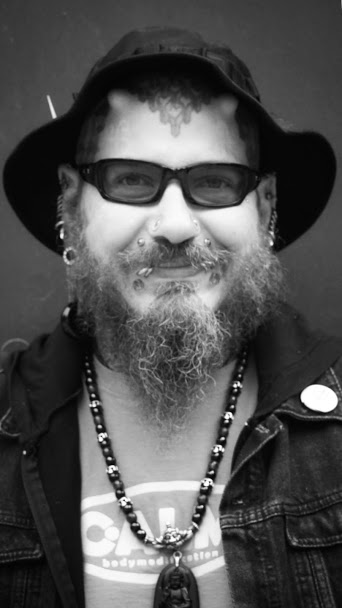
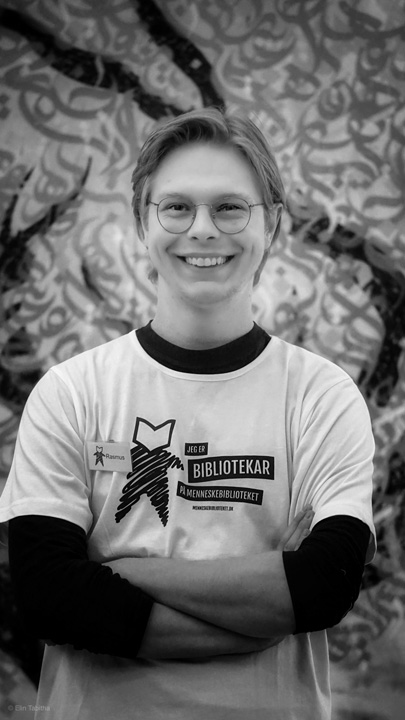
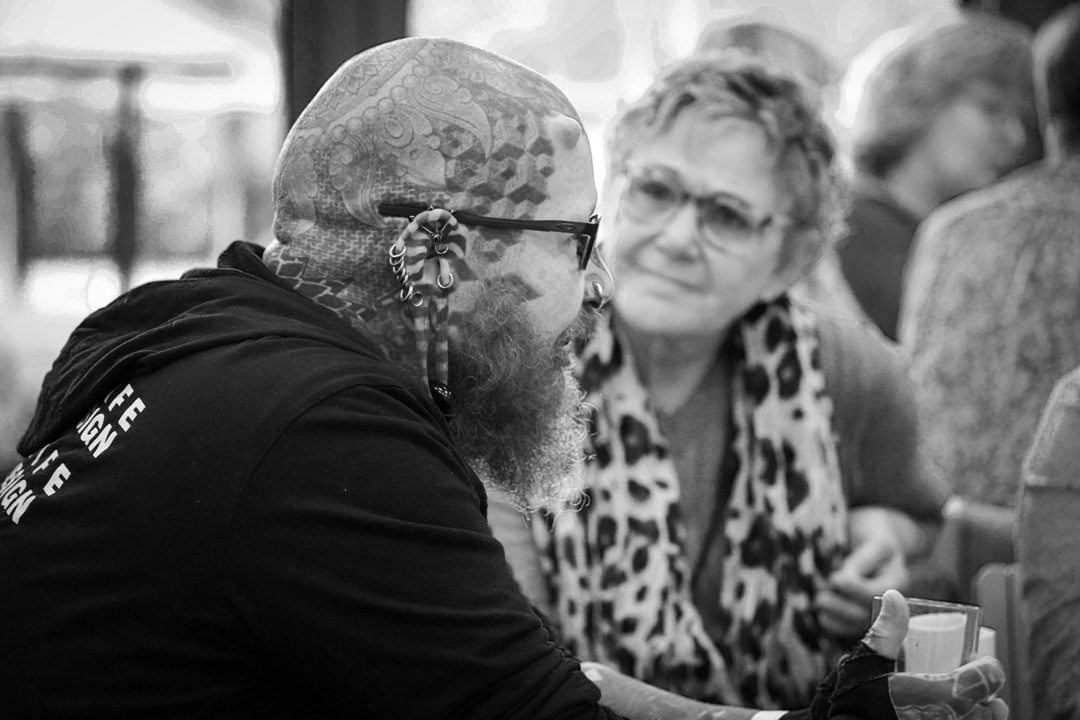
How much does the reader have to pay to get a book?
The services of the human library are always free to our Readers. However we do ask that our local publishing partners help us cover for example transportation and food costs.
The reason why we can make it for free for the public is because we partner with global companies like eBay, Heineken and Tesco. And so these partnerships help enable our work and help them create more inclusive organisations. So, it’s a win-win-win situation which makes great sense to us.
It all started 22 years ago in Denmark and now the Human Library is making events in more than 80 countries worldwide. How did you manage to roll out the idea and what were the biggest challenges?
To ensure quality and methodology is still the biggest challenge, to be honest. You know, the thing about good ideas is people copy them. We must take that as a compliment but at the end of the day we spend a lot of our time cleaning up misunderstandings, misconceptions and adaptations which are not in line with the methodology.
It’s all about protecting our Books and in the end our Readers as well. And it is about the core aspect of our idea which is neutrality. When you break the neutrality of the platform, you’re no longer a neutral learning space but a lobbying space … and then people put their safeguards up.
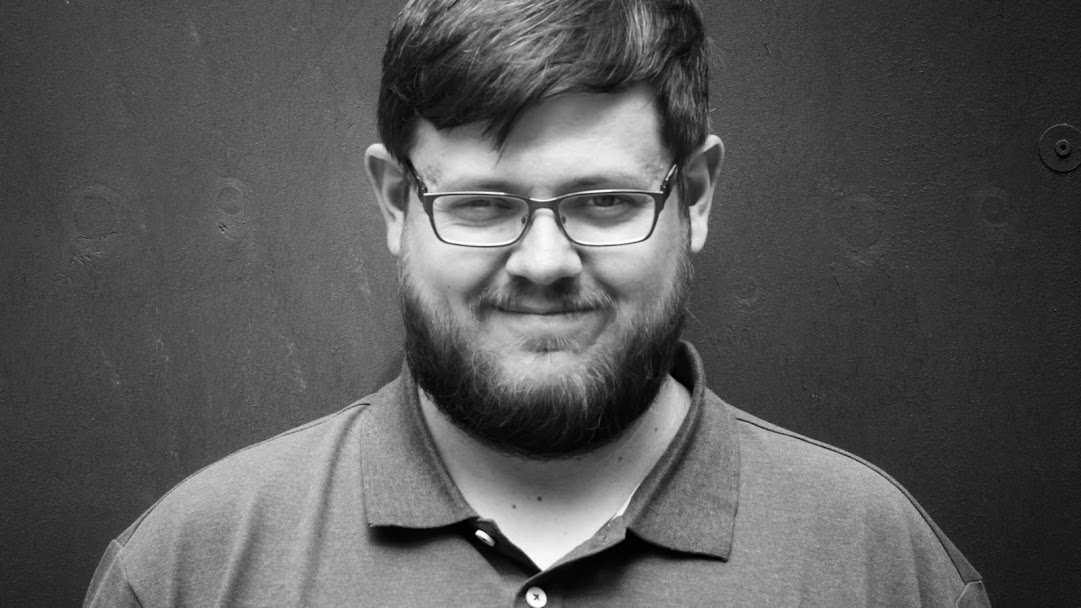
You started initially with some friends and colleagues of yours in the very beginning, didn’t you?
After my wife died suddenly in May 2013, I lost my job and I realized that the only work that I was going to be able to do had to be something that’s really important to me. I have to do something I believe in, so I started working in the library without a salary. Then I was able to go part time and then full time. Enabled partnerships, sorted out the methodology, got everything in order, put proper training in all the people to ensure a solid quality setting.
The first big turning point for us was the “open your world” partnership with Heineken in 2016. That’s when we transitioned from the first 15 years in you could call poverty into an organization of growth. That’s how we built the organization from there.
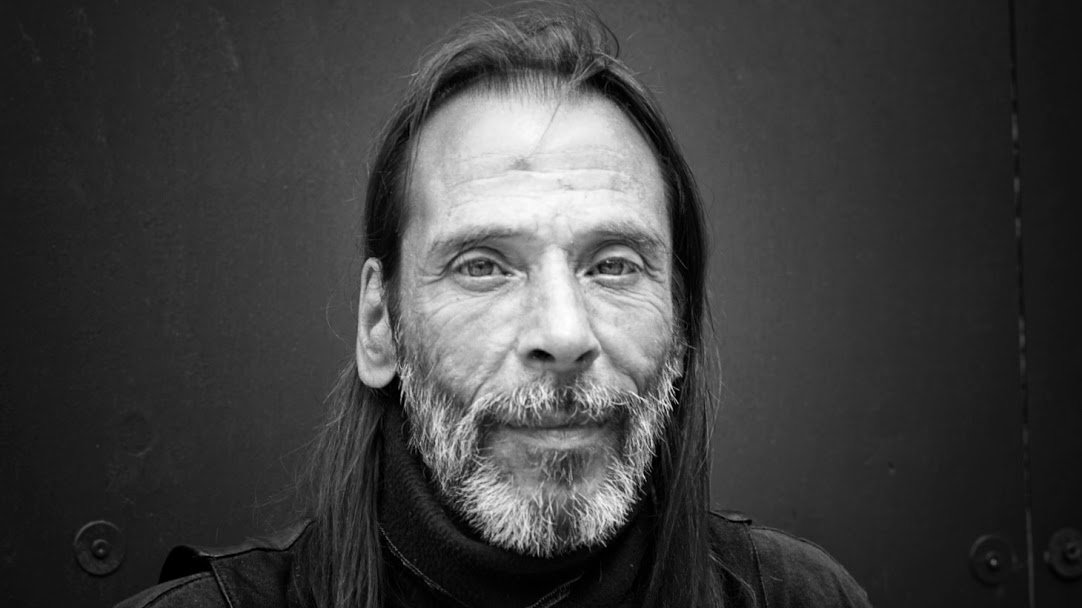
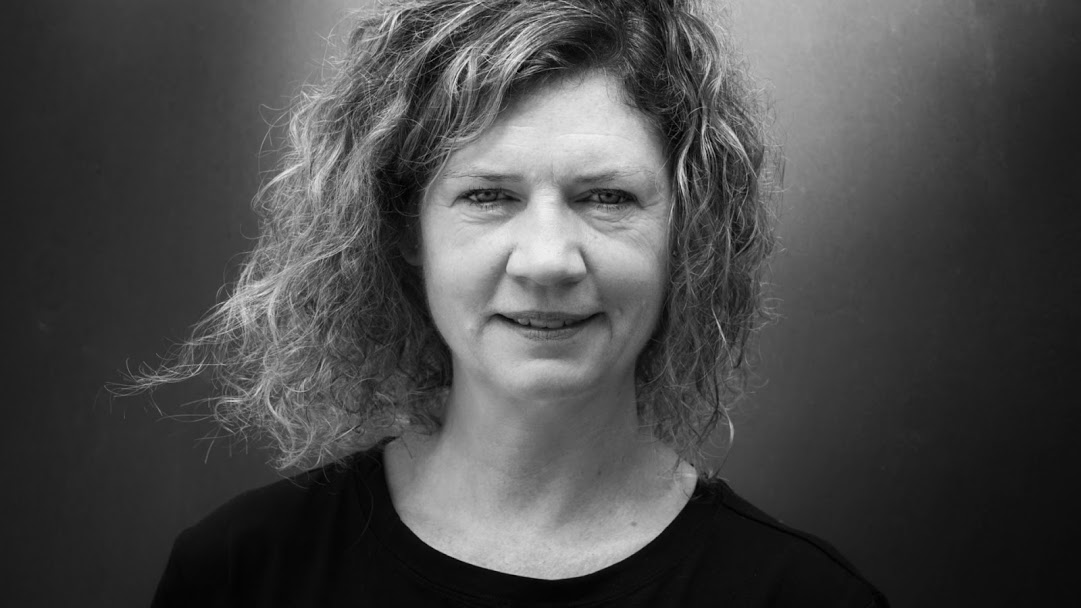
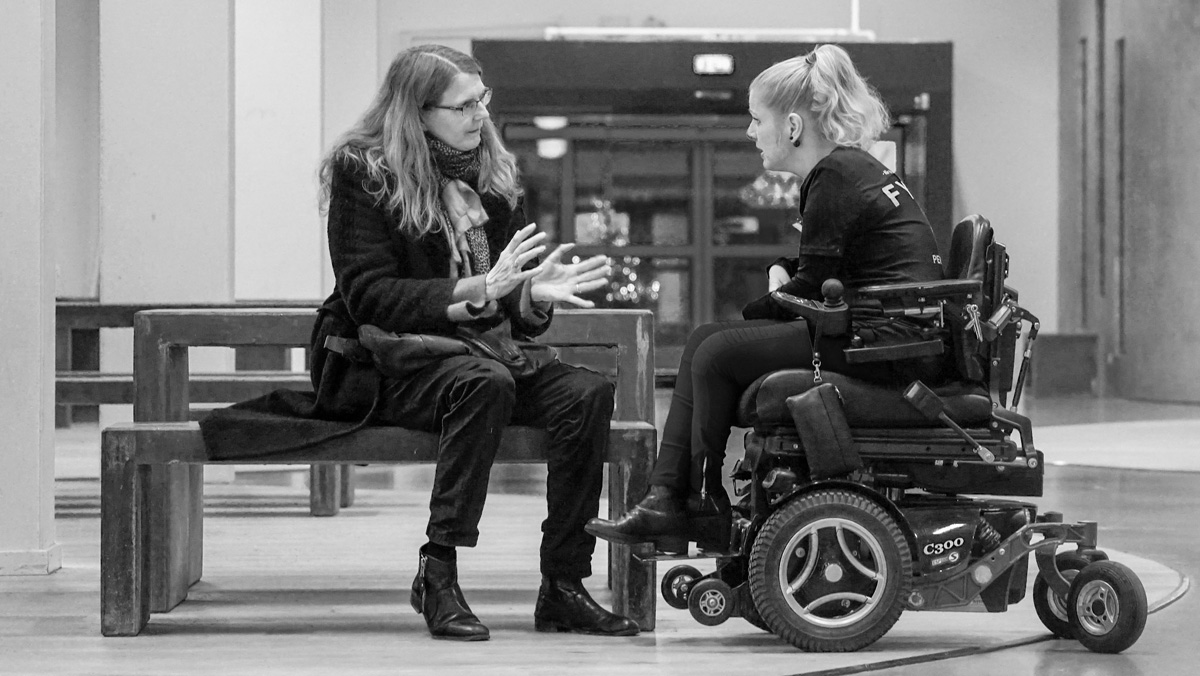
Have you also been confronted with censorship from time to time?
Sure. We wanted to hold an event in Russia in a state library. So, we sent them the list of Books about four days before the event. And then one member of the library staff called us back and asked us to remove the gay Book. So, we moved the session from the state library to another public space. We can’t edit anybody away. Our books have a human right to be there, a human right to be who they are.
But there are some cultural differences to be aware of, aren’t there?
When you travel to a country that is far outside the European cultural sphere, you have to respect the different approaches. We need to consider that there are different ways in approaching a conversation and engaging people. If you don’t do that, then you are offending Readers and offending the public there and we don’t want that.
So, when you go to Tunisia and you start publishing in Tunis, you don’t bring the most challenging topic on the first day. You build presence, trust and relations in the community first. Or people might misunderstand and think we came to offend or provoke them. Consider this type of difficult conversation like a muscle.
We have to train the muscle of engaging in them. Sometimes it’s a little uncomfortable, but it’s really great afterwards because you feel so much more inspired, knowledgeable and empowered to engage with people who are different and sometimes you may even feel less fear or apprehension about a certain issue or group. This is a very fruitful process to engage in to better understand diversity and your own unconscious bias.

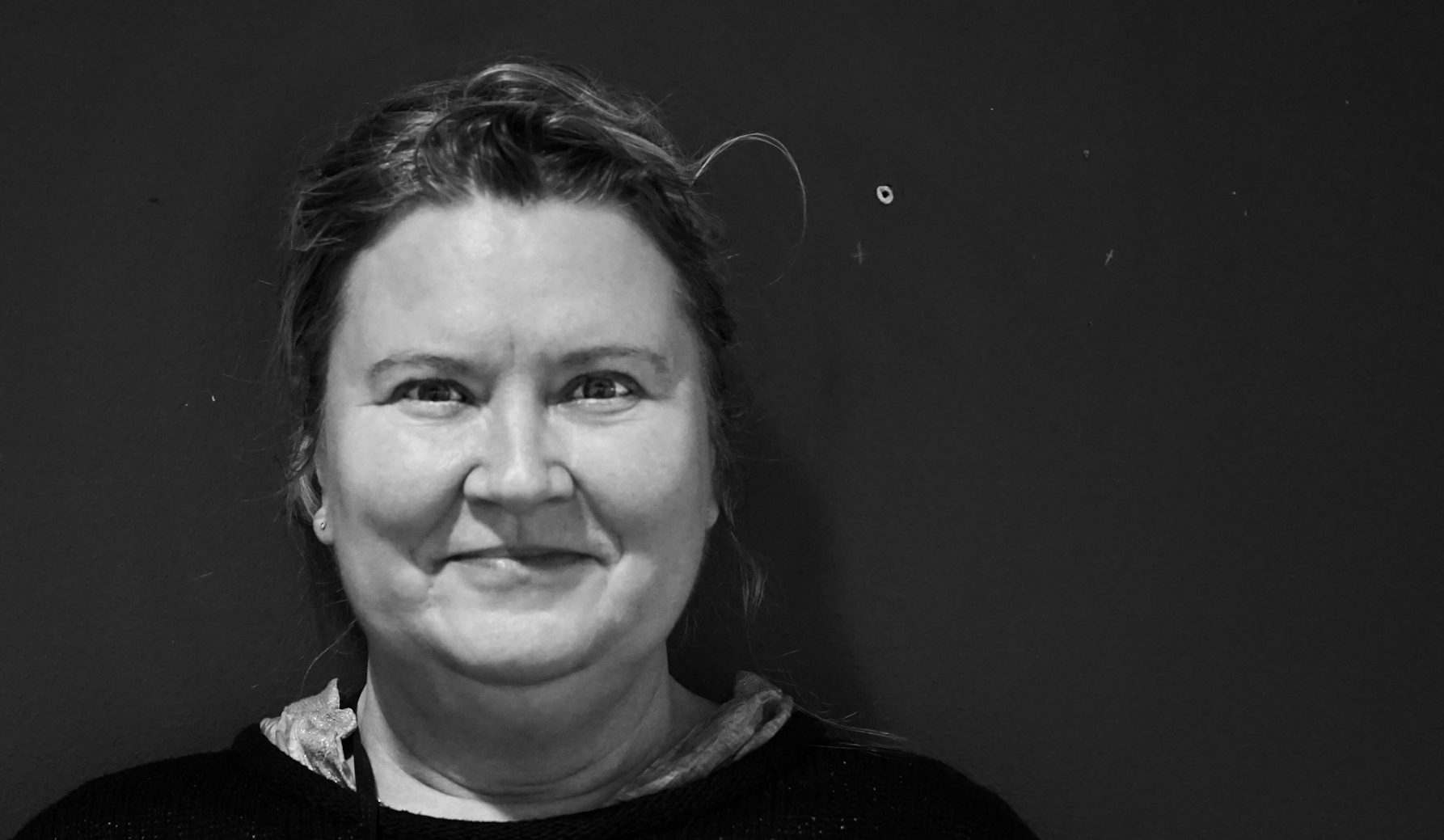
Are there bestsellers?
I believe there are global groups that are universally stigmatized. These are groups within gender orientation, disabilities, religious belief and different lifestyles. I think there are a lot of so-called universal global bestsellers, whether you are in Thailand, Azerbaijan, Malaysia or Denmark. Let me give you a current example: in Denmark and France, it is illegal to wear the niqab in public on the street.
The freedom of religion should somehow protect these people, but it’s not able to. So, a big group here is asking, why don’t you just take it off? They don’t understand why these people insist on getting tickets from the police because they get expensive fines from the police for wearing the niqab. And people call the police when they see them in the street. It’s legal to wear it in the car because that’s your personal space. But if you get out of your car, you have to take it off.
By creating rooms for dialogue, maybe people will find common ground or maybe at least they will agree to disagree. As a librarian, I don’t really have an opinion. What you do with your learning outcomes is your responsibility, not mine. But without a safe place for communication a society cannot work properly.
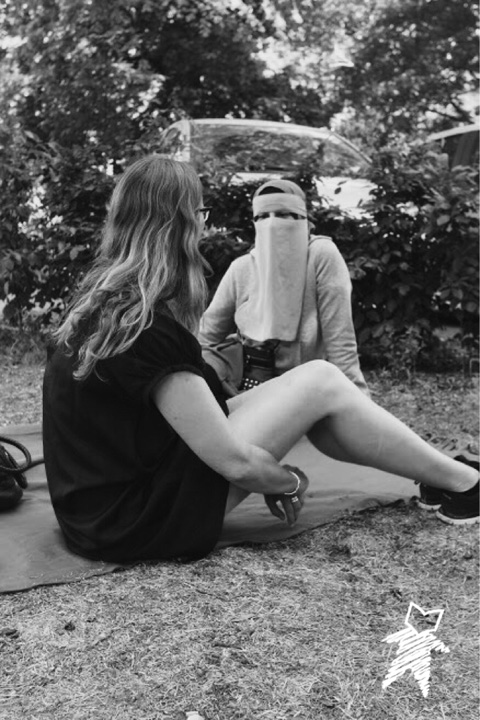
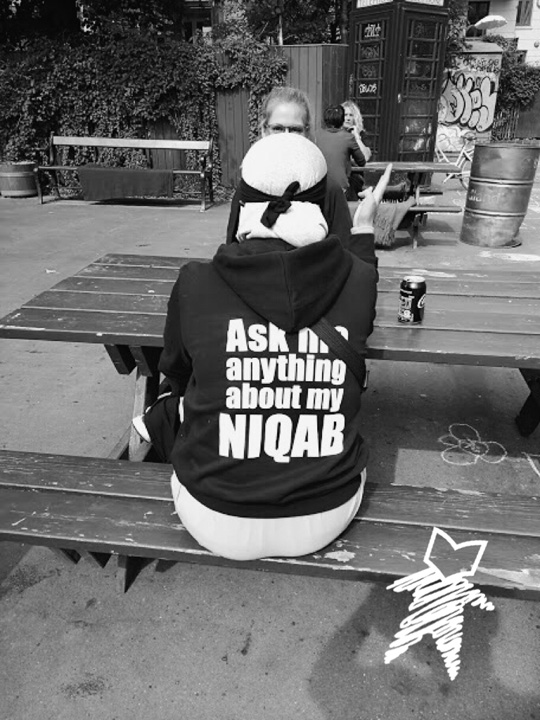
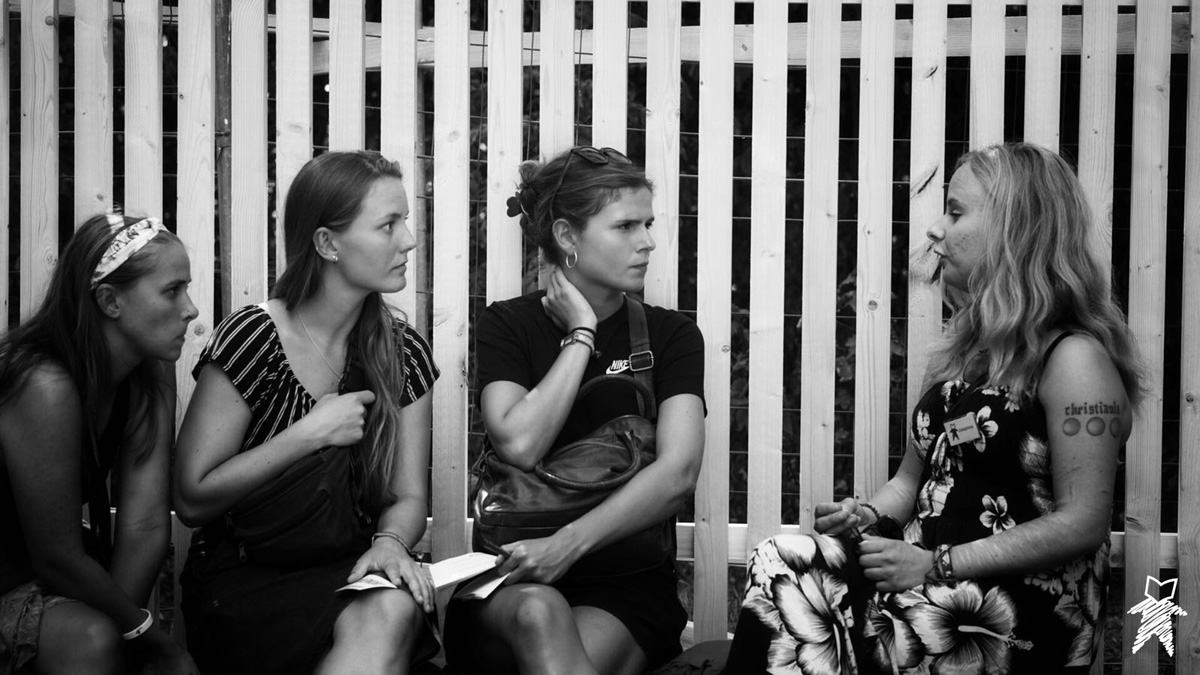
Have you ever been a book yourself then?
Yes, on several occasions in the early years, because before I started asking people around the world to do this, I needed to understand really fully what it meant to be a Book. I was first published as a Book in 2001 at a festival in Hungary. Later on in 2017 I did bereavement, the stigma of sudden death and how you cope with the fact that everybody around you doesn’t know how to react which is also really weird. I’m the one who lost my wife, my children lost their mother, and now I have to tell all my friends that they need to take it easy and relax.
I still remember one of the questions from my Readers in 2017 in Washington DC. It was of a man my age and he asked me, why we went on vacation knowing that my wife had a fragile heart, because I had told him during the reading that she died in Spain during our vacation. That question and the reflection it brought me hit me like a fist in the stomach. That’s why you have to train your Books very well. To be confident they are comfortable even with questions that carry answers that make us uncomfortable for a second.
You mentioned on a TED talk that the books themselves gather behind the scenes, team up and become friends or at least connected…
Yes, it’s a great and wonderful side effect. There are many journeys within this learning platform. There is the journey for the Reader but there is also an incredible journey on the Book side, it’s a two-way journey.
It’s a journey learning about Readers and what they think about people like you and trying to engage and understand each other. And then there is the other journey, the more invisible journey in which often the Books become each other’s allies.
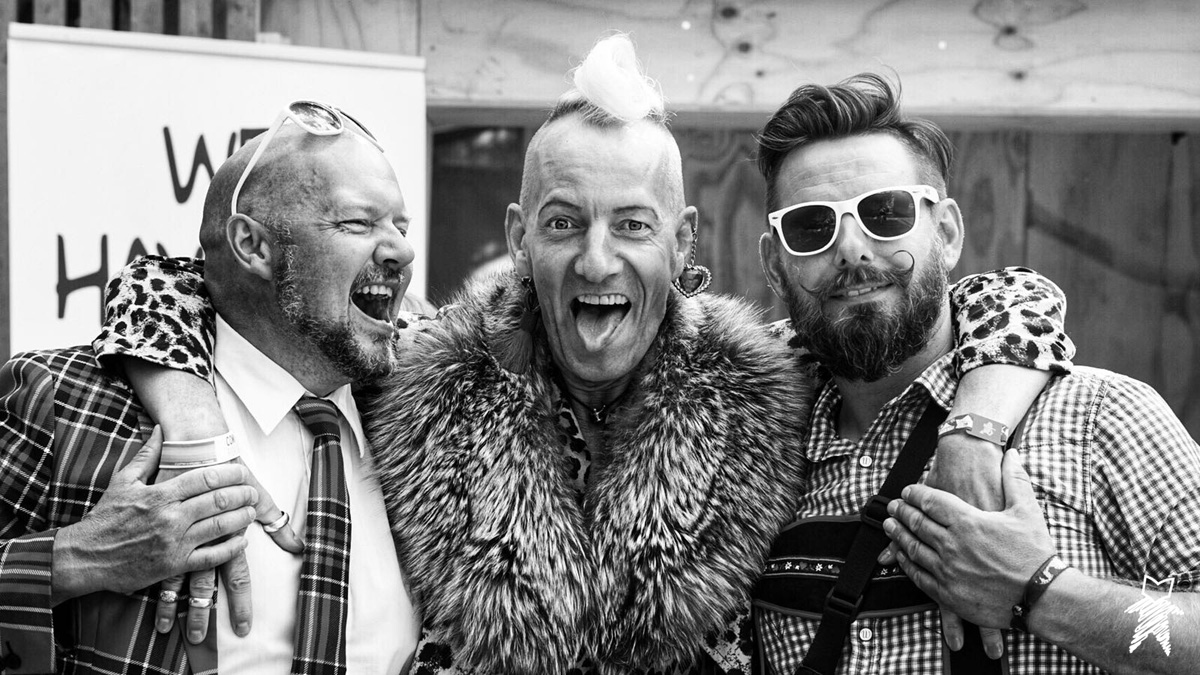
What insight from a conversation or experience has particularly touched you lately?
A few weeks ago in Holland, when we were invited to a leadership summit from around the world, including their global CEO. At the end of one of the readings, the Readers got up and started hugging the Book. When they start handing out hugs at the corporate CEO level, then you know you’ve had a real impact. You don’t see that a lot in the corporate world.
Another rewarding moment for me was receiving a two-page letter from a CEO of one of the biggest companies in the world to thank us. He wrote that the cooperation with us profoundly impacted him and his global leadership team. It’s changing people’s lives and at the same time giving us an opportunity to do something meaningful in our life.
I probably could do a great job by selling used cars, but I would not be happy doing it. This makes me so happy.
Thank you, Ronni!


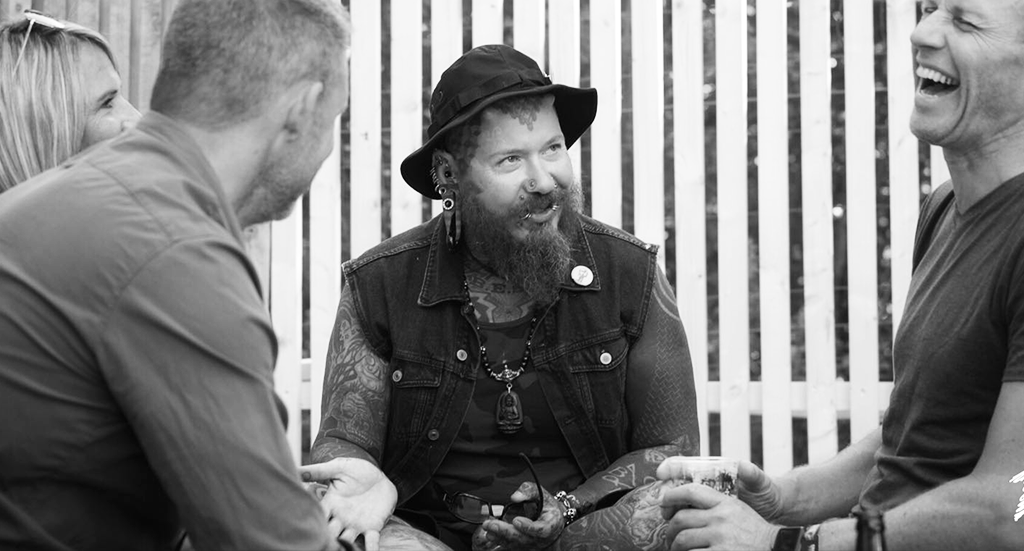

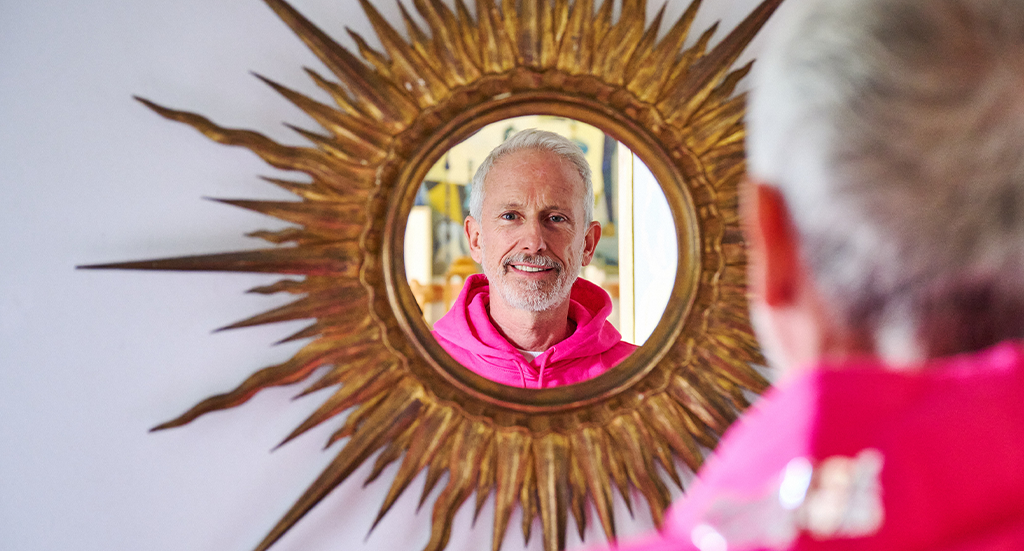

Join our Community